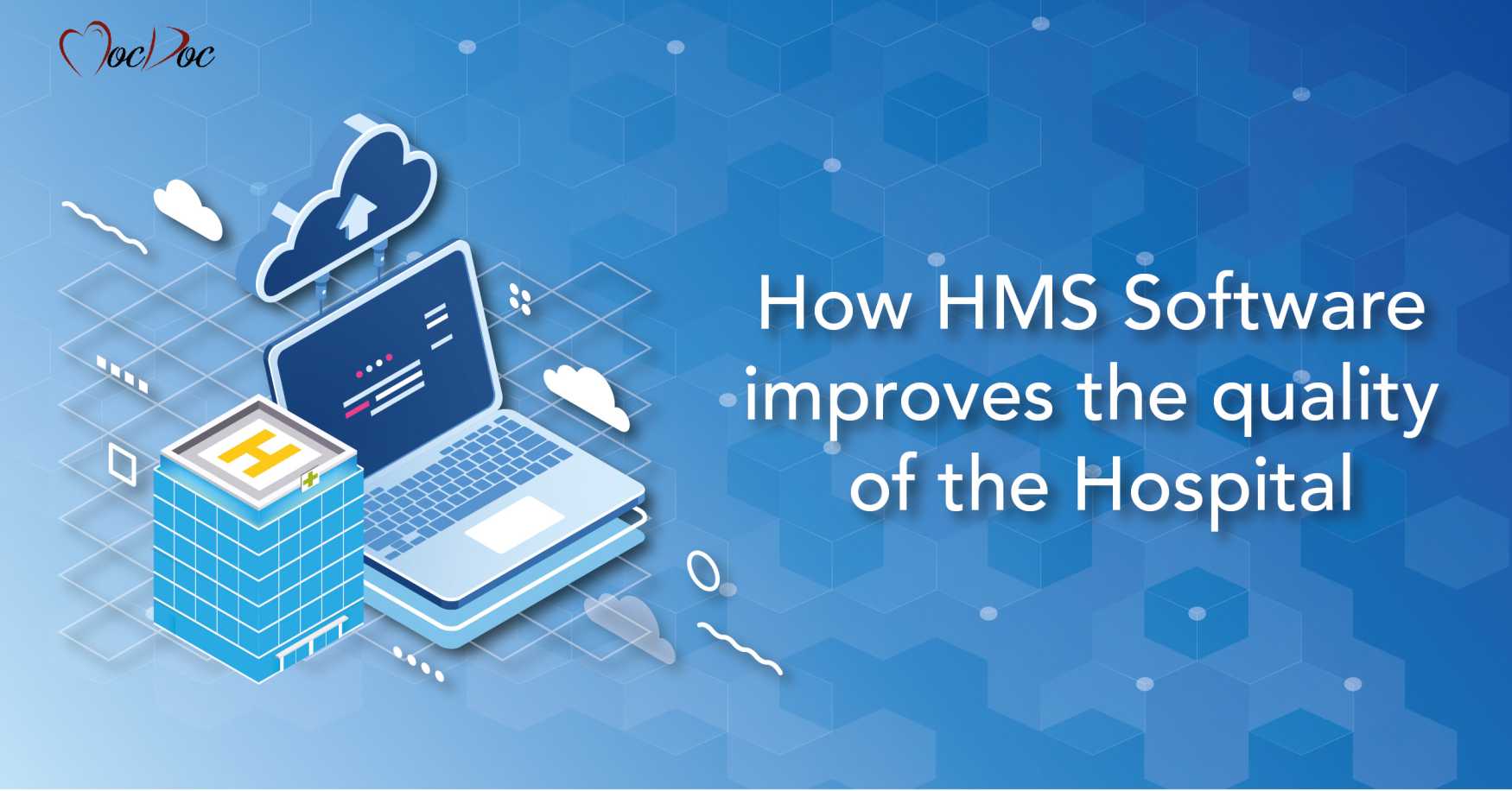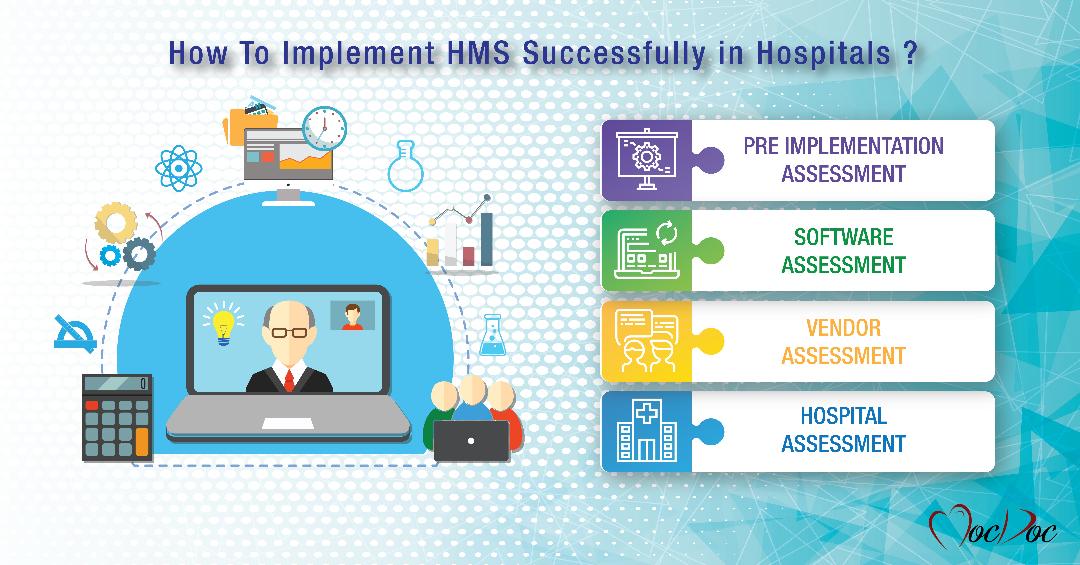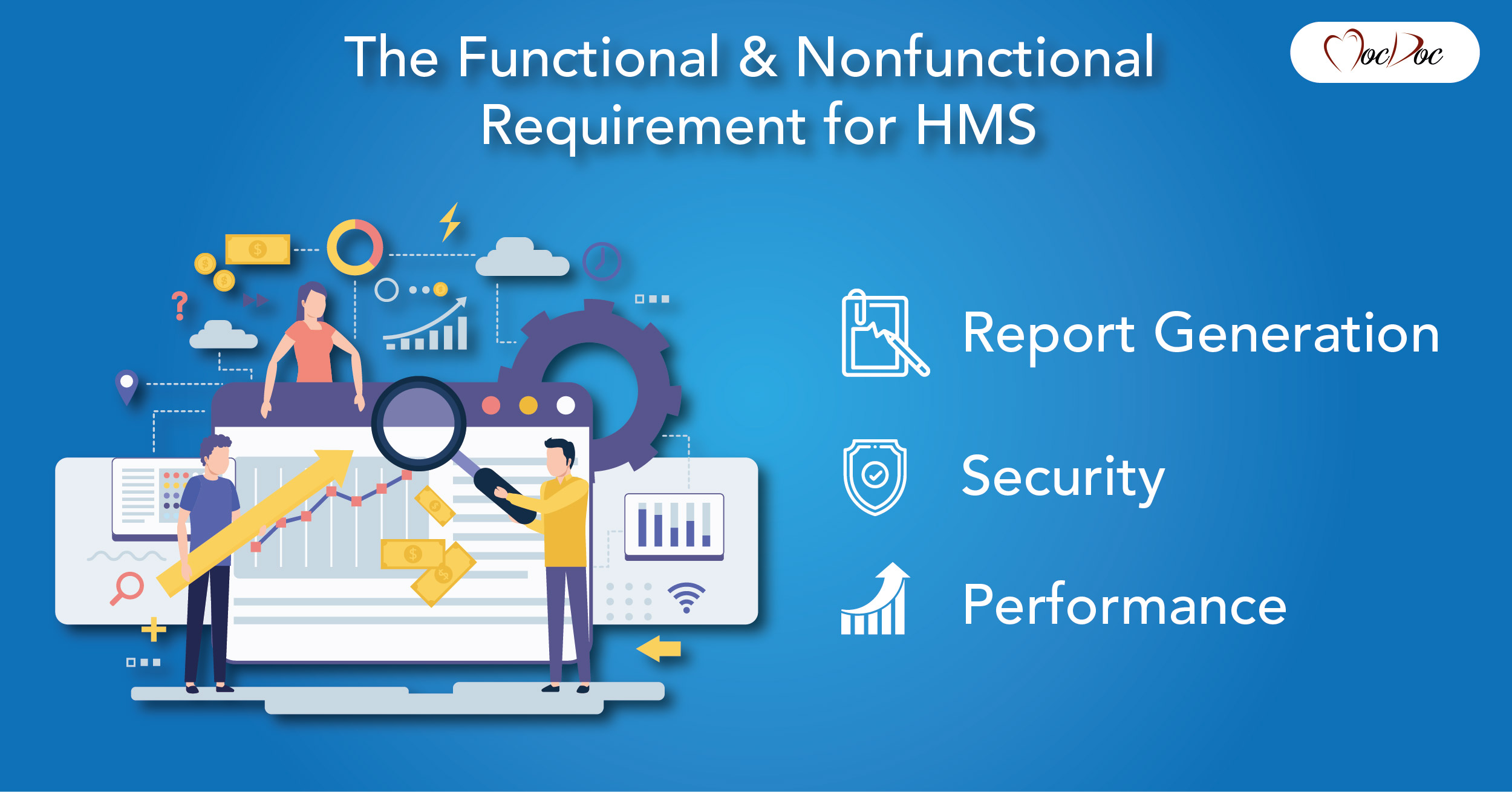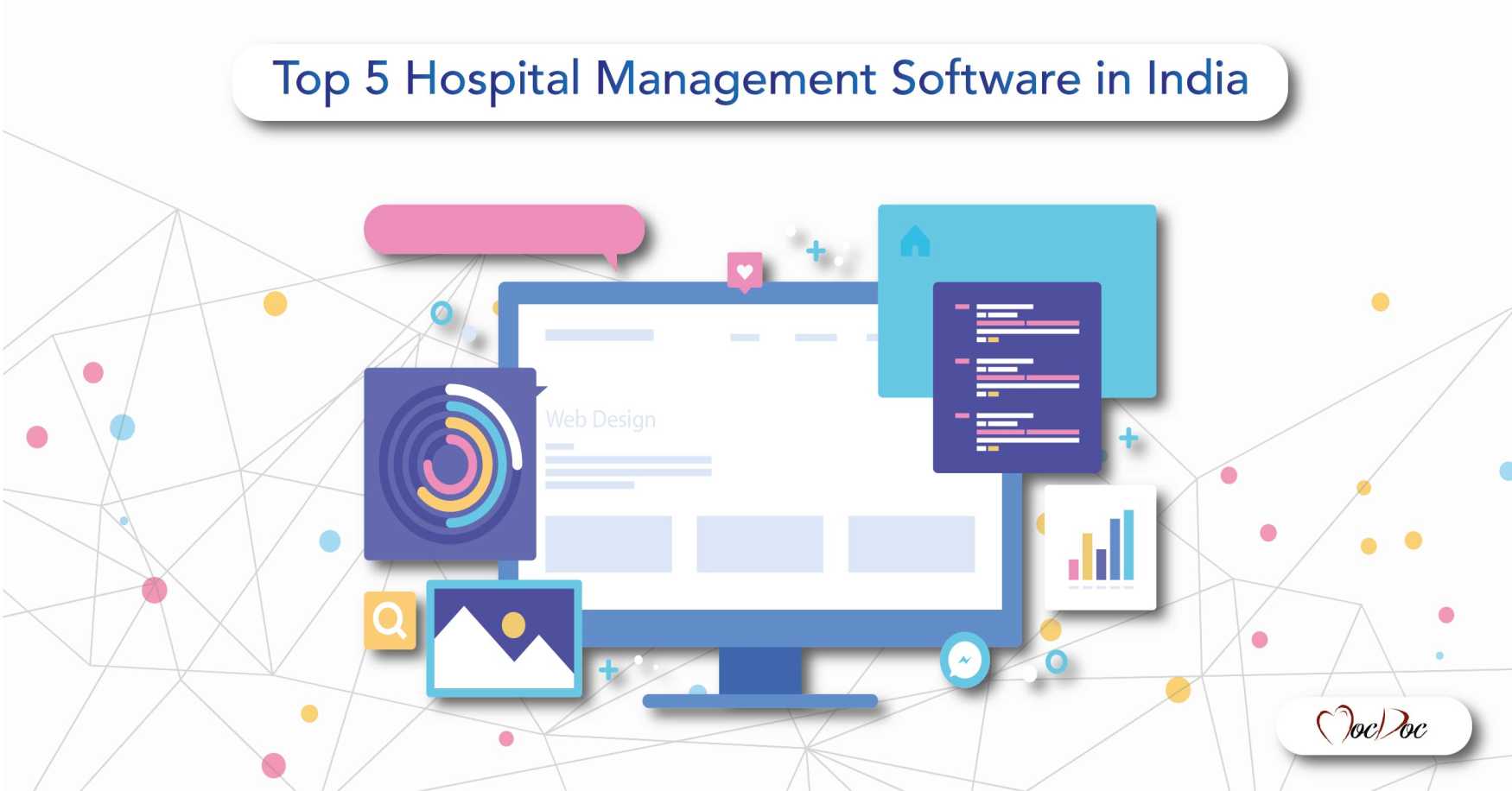MocDoc's Offerings
How to choose the best Hospital Management System (HMS)
Published By
Sanjana
2018103113:25:56
Category HMS
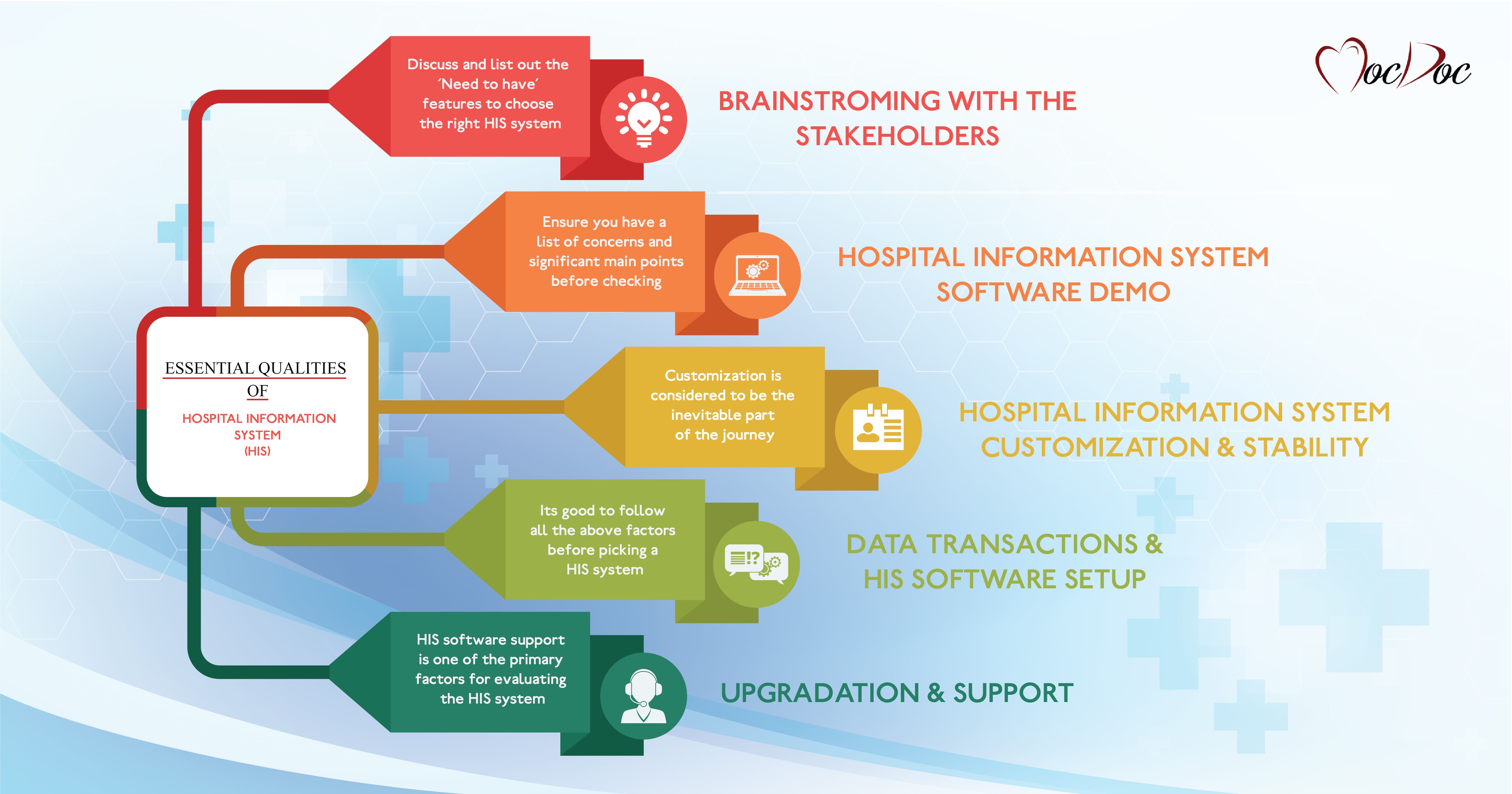
Introduction:
In the past few years, the HMS market has exponentially developed. Private healthcare hospitals and providers are interested in different investment opportunities and are looking for intuitive ways to enhance their ROI (Return On Investment).
Private and public hospitals & providers need to take the right decision regarding the investment in the right Hospital management system as well as demanding an excellent analysis deal. They should check whether HMS is capable of fulfilling their objective goals to provide exceptional support to their financial gains and their patients.
Let’s check for the several criteria you need to consider while choosing HMS system.
Brainstorming With Stakeholders
HMS Software Demo
HMS Customization & Stability
Data Transactions & HMS Software Setup
Upgradation & Support
Brainstorming With Stakeholders:
Before you go for getting the right hospital management system, please make sure you do some brainstorming with the stakeholders and vendors so that you will be able to choose the right HMS system for your hospital. Make sure every person in your hospital management is clear off getting the right things they need from the software.
Discuss and list out the ‘Need to have’ feature requirements so that you can choose the right HMS system without any confusion, and this will also provide a clear-cut knowledge of comparing the different pros and cons of various HMS vendors.
HMS Software Demo:
Do not get the Hospital management system from the Vendors without processing an online demo as they are considered to be the best method of validating the specifications of your products, and you can also know whether the HMS system will reliably useful for your hospital and patients.
Ensure you have a list of concerns and significant pain points in your hand before checking the online demo. During the demo, you should get a clear understanding about HMS System, how it can be used for delivering useful results and how to sort out different problems with this simple HMS System.
HMS Customization and Stability:
Even though you choose the HMS system after checking out different features carefully, there are high chances of HMS system to missing some essential specialty you need. So it's important you go for the customized Hospital management system to sort out these problems.
Customization is considered to be the inevitable part of your automation journey, stick to the HMS system only if the vendors can develop the software to be customized as per the private or public hospital workflow.
Data Transitions and HMS Software Setup:
An entire implementation of the HMS system will include pilot testing, basic setup and staff training. The conventional approach is that to get started with a deferential start and then reaching the greater prospection level of automation. Apart from that, the phased approach to effective HMS implementation means that they are capable of reducing the hospital operations taken the day-to-day.
Its good to follow all the above factors before picking a HMS system for your private or public hospital, make sure you get prepared to know about the features to make the transitions of data painless and smooth.
Upgradation and Support
The HMS System, exposed to real-time scenarios and loads that mandate the hospital staff’s reputation after HMS software sale and implementation completion. There are many unanticipated and spontaneous issues which need to be handled correctly within the right service level agreement (SLA). Hospital reputation is essential for the organization to grow, in this case, HMS Vendor provides the proper support for the success. HMS systems include regular upgrade like other software, and therefore HMS software support is one of the primary vital factors to be contemplated when evaluating the proper HMS system.
Visit Mocdoc HMS to know more
Related Articles
How HMS improves the quality o...
Hospital Management Software is considered to..... Read more
How to Implement HMS Successfu...
When compared to other industries, the healthcare ..... Read more
The Functional and Nonfunction...
Hospital Management System is used to take the dat..... Read more
Top 5 Online Hospital Manageme...
Hospital Management Software is a vital business t..... Read more
